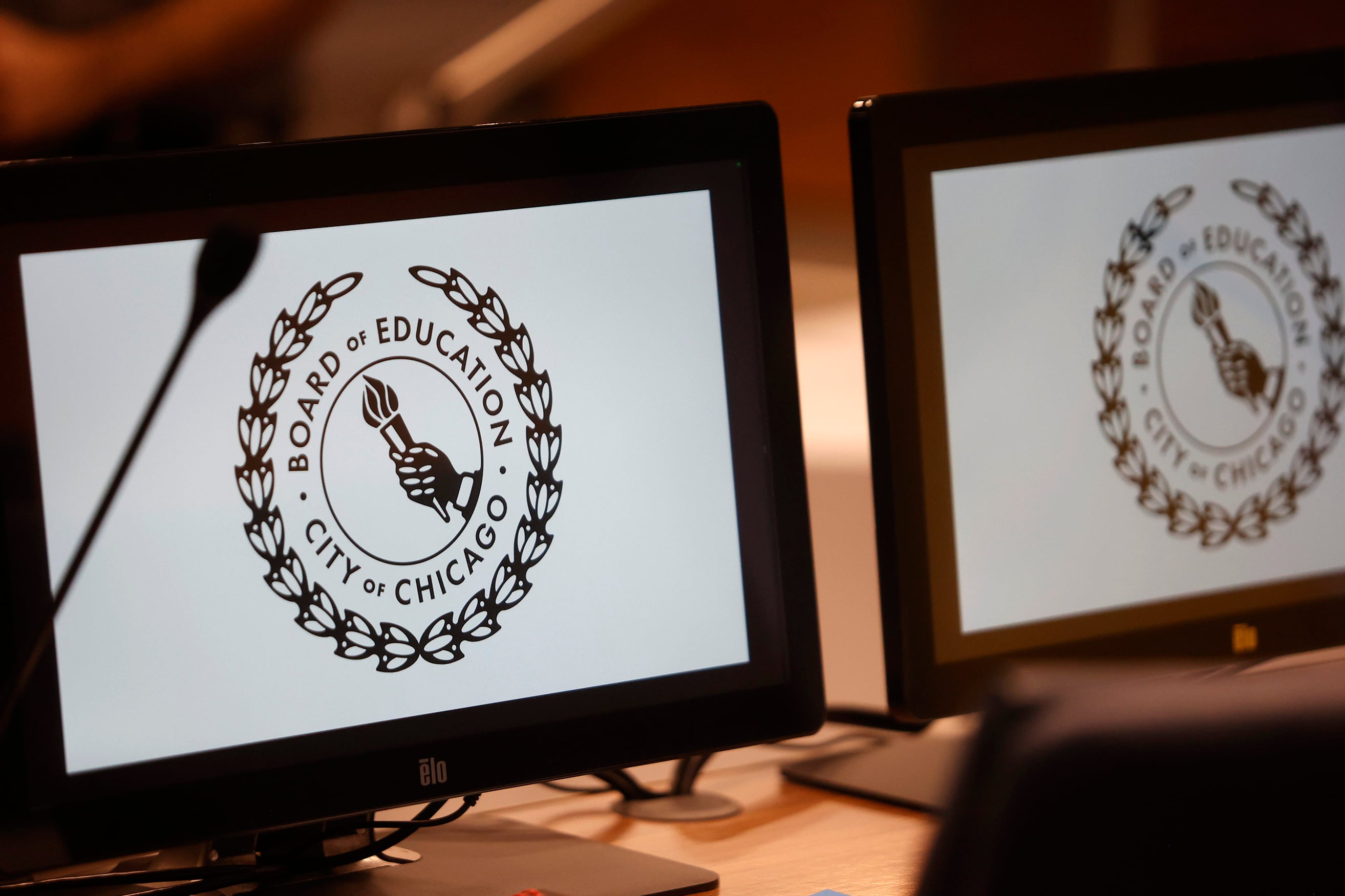
Chicago Public Schools Restructures Special Education Department
Chicago Public Schools (CPS) is undergoing a significant restructuring of its department for students with disabilities, as revealed in an internal email obtained by a local news outlet. The changes involve the reassignment of 65 central office positions and the elimination of two departments—Procedures and Standards and Instructional Support. These departments were responsible for ensuring compliance with federal and local policies and providing instructional support to schools. In their place, a new department called Academic Access will be established.
Joshua Long, the chief of the Office for Students with Disabilities, outlined the changes in the internal email. Among the roles being phased out are the district representative and special education administrator, which will be replaced by a special education coordinator tasked with working directly with schools. A CPS spokesperson emphasized that there will be “no net loss of full-time positions” as roles are redefined. Employees impacted by the restructuring had the opportunity to reapply for the new roles, with about 85% of applicants being hired so far.
“This shift is not motivated by budgetary concerns or cost-cutting,” the spokesperson said. “Instead, it is a strategic, values-driven decision grounded in research, best practices, and a belief in the limitless potential of every student.”
The move comes amid growing concerns from special education advocates. Last school year, CPS served nearly 54,000 students with disabilities, who made up 16.4% of the district’s student body. Over the past decade, this number has increased by approximately three percentage points.
Concerns About Timing and Implementation
The timing of the restructuring has raised red flags among some advocates. The changes occur less than three weeks before the start of the school year on August 18, prompting worries about whether the new positions will be fully staffed by then. Frank Lally, an education policy analyst at Access Living, questioned whether the new roles would be in place in time to ensure proper accommodations for students.
“I worry that that will create chaos, let’s say, when it comes to school assignments and making sure that students have their accommodations set for the coming school year,” Lally said.
In addition to the restructuring, CPS is revising guidelines for developing Individualized Education Programs (IEPs), which outline academic supports and goals for students with disabilities. The district is also planning to add 120 new case managers and 100 more clinicians, such as speech pathologists and occupational therapists, in line with the new Chicago Teachers Union contract.
Mixed Reactions from Advocates
Some advocates see the restructuring as a positive step. Mary Fahey Hughes, a former member of the Chicago Board of Education and longtime disability rights advocate, supports the idea of combining staff roles and placing central office personnel in schools. She believes there is a “deep need” for more classroom support for students with disabilities.
“These are professionals with deep Special Education knowledge, but parents rarely see them at work unless there is some sort of problem,” she said.
Barbara Cohen, a senior policy analyst with the Legal Council for Health Justice, noted that two of the roles being eliminated never made much sense. She pointed out that some staff members lacked the necessary skills to support families, and turnover has been an ongoing issue.
“My question, though, is how the restructuring will improve the situation,” Cohen said.
Shift in Philosophy and Federal Context
The restructuring reflects a broader shift in philosophy for CPS. Long emphasized that the district is moving away from a compliance-first approach, where strict adherence to rules was prioritized over instruction. Instead, the focus will now be on providing strong, inclusive instruction, with the belief that compliance will follow naturally.
This change comes at a time when the federal government has faced criticism for reducing enforcement of special education regulations. Under the Trump administration, the Office for Civil Rights dismissed over 3,400 cases related to special education complaints.
Special education advocates remain cautious. Matt Cohen, a lawyer and special education advocate, expressed concern that the shift could signal to schools that compliance is no longer a top priority.
“I think you’re giving permission to schools to not focus on compliance at all,” Cohen said. “In the context of everything that’s happening at the federal level, I think what they’re saying is we’re not going to worry about these rules so much.”
Past Challenges and Ongoing Oversight
The last major overhaul of CPS’s special education department occurred during the 2016-17 school year, when budget challenges led to delays and denials of services. An investigation by WBEZ found that students’ needs were not being met, prompting state oversight that lasted from 2018 until 2021.
Illinois State Board of Education officials have been meeting with CPS to discuss the current restructuring and staffing changes. A spokesperson for ISBE stated that the agency will continue to provide oversight and guidance to ensure compliance and protect services for students with disabilities.
Christine Palmieri, a long-time special education advocate, hopes that the district will maintain high standards for compliance, procedures, and policies. She urged CPS to fill all new positions quickly, provide adequate training, and continue working with state monitors to ensure that families have access to necessary resources.
District officials confirmed that training will begin before the 2025-26 school year and will continue on an ongoing basis.